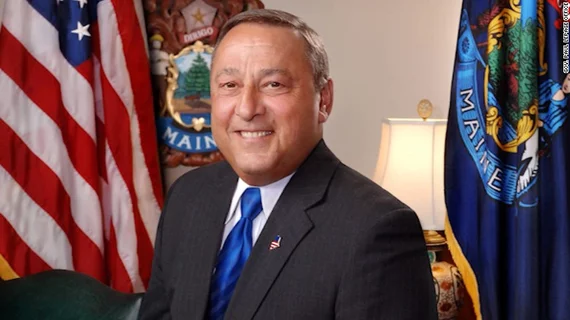Hundreds in Maine sign up for Medicaid while governor refuses to expand coverage
In November 2017, Maine voters supported a referendum to expand Medicaid covered under the Affordable Care Act—becoming the first state to do so with a direct vote. But it has been nearly nine months since election day, and Gov. Paul LePage has refused to expand the program, claiming it’s a budgetary disaster. Now, three weeks after enrollment opened, hundreds of Mainers wait to see when they will receive health insurance.
Maine Equal Justice Partners, an advocacy group, has sued LePage’s administration for refusing to expand Medicaid, while also encouraging people to sign up for insurance.
“We are encouraging people to apply because, even though they will not get coverage right away, they will protect their rights to coverage and qualify for retroactive coverage to the first of the month in which they apply,” Robyn Merrill, executive director for Maine Equal Justice Partners, told the Portland Press Herald.
But the struggle is further complicated by an upcoming election to replace LePage as Maine’s governor. Janet Mills, the state’s attorney general and Democratic candidate for governor, supports Medicaid expansion. Shawn Moody, the Republican candidate, sides with LePage, who released a statement supporting the continued resistance.
“Shawn will not risk the fiscal health of the state to expand welfare for nondisabled individuals, and will not support funding welfare by raising taxes, raiding the rainy-day fund, or using one-time budget gimmicks,” it read.
Currently, Maine Equal Justice Partners claims nearly 500 individuals have used a screening tool to sign up for Medicaid—though an exact number of applicants is difficult to estimate. No matter how the political struggle is resolved, popular support appears to be comfortably behind expanding the state’s Medicaid program. The vote from November 2017 was 59 percent to 41 percent in favor of expansion.

